NXPO, in collaboration with the Energy Research Institute, Chulalongkorn University, organized a workshop on “The Role of the Ministry of Higher Education, Science, Research and Innovation (MHESI) in Driving Climate Action.” The workshop forms part of an on-going study examining the roles and impacts of the Draft Climate Change Act on MHESI’s mission. A total of 55 participants from MHESI agencies attended.
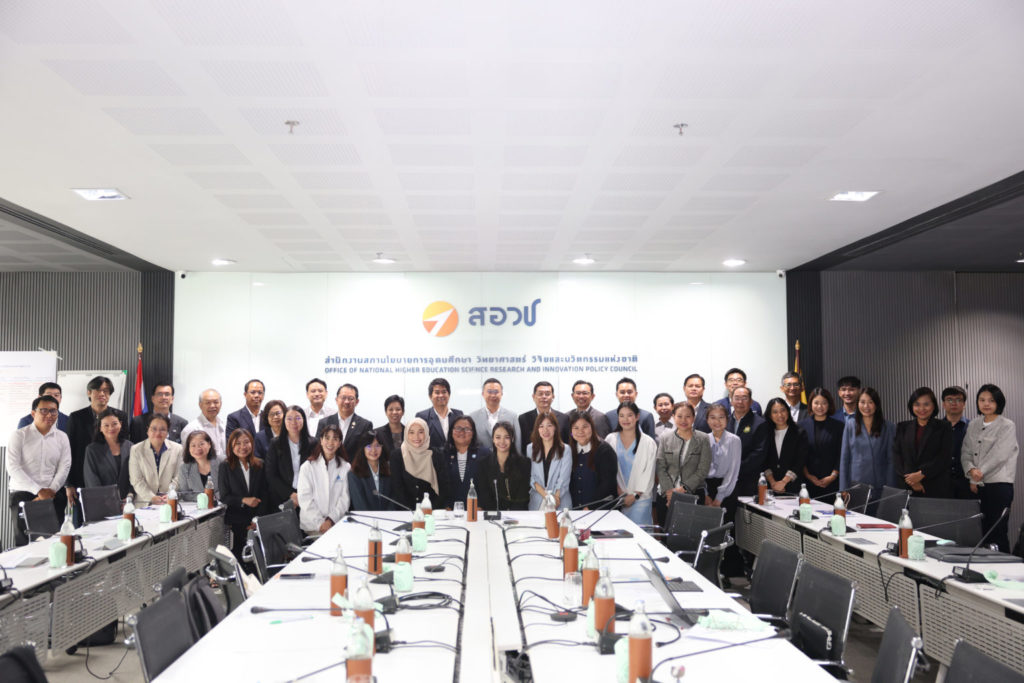
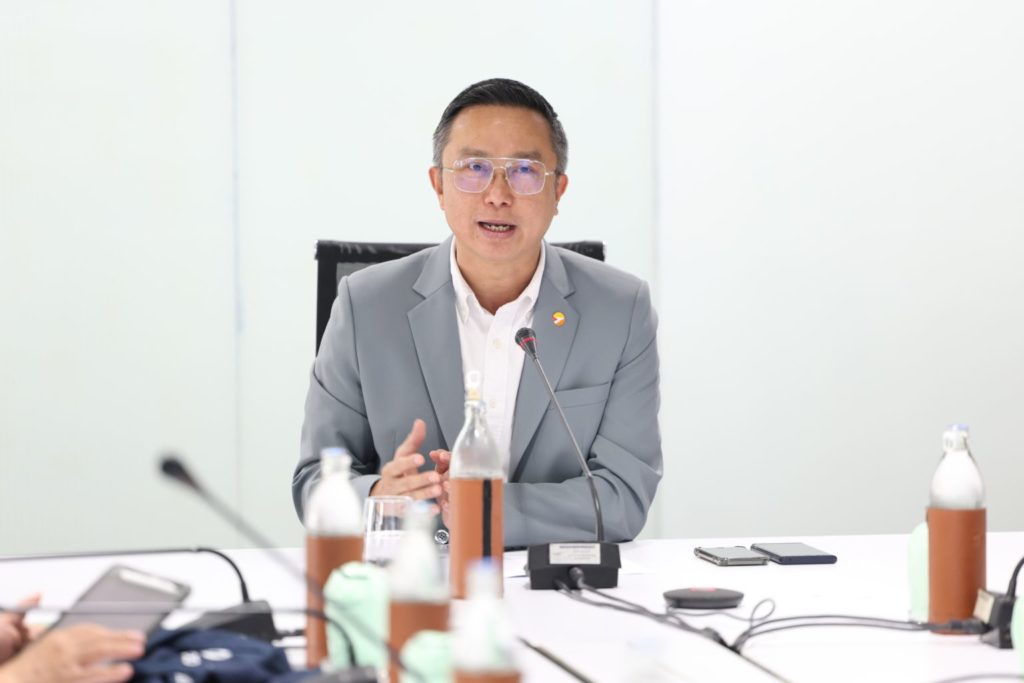
In his opening remarks, Dr. Surachai Sathitkunarat, President of NXPO, emphasized NXPO’s longstanding role in advancing Thailand’s climate agenda. For more than a decade, NXPO has worked with the Department of Climate Change and Environment (DCCE) on climate-related issues, including serving on Thailand’s negotiating team at the Conference of the Parties (COP) to the United Nations Framework Convention on Climate Change (UNFCCC). NXPO also acts as Thailand’s National Designated Entity (NDE) for climate technology development and transfer.
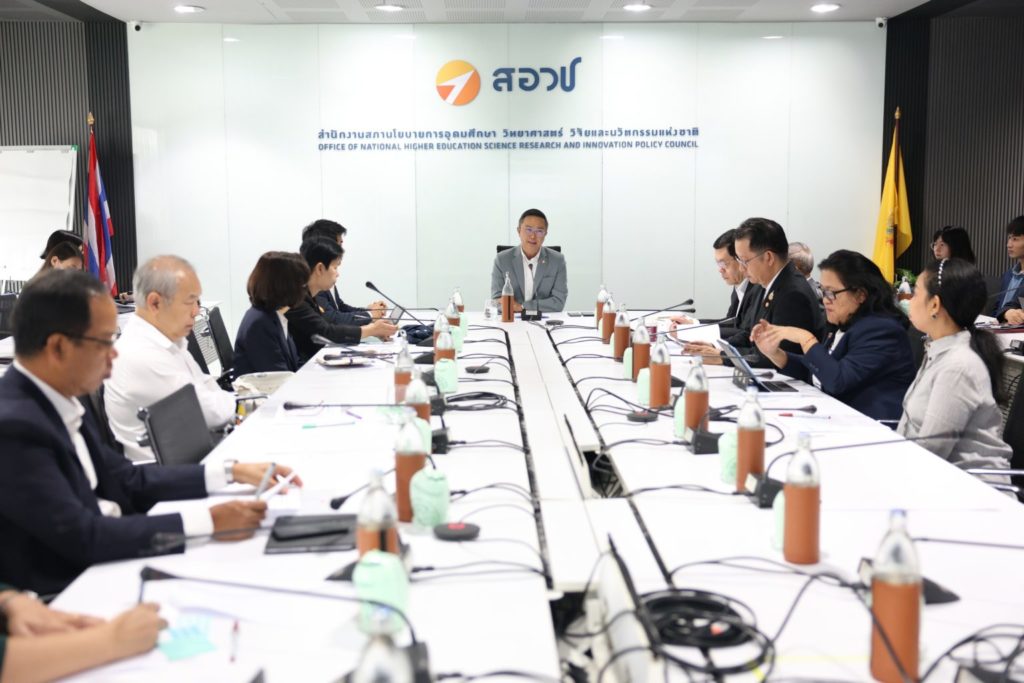
To strengthen collaboration, NXPO has signed a Memorandum of Understanding with DCCE, Thailand Science Research and Innovation (TSRI), and the Council of University Presidents of Thailand (CUPT). This partnership aims to mobilize higher education, science, research, technology, and innovation in addressing climate change, guiding research directions, and building national capacity in climate technology.
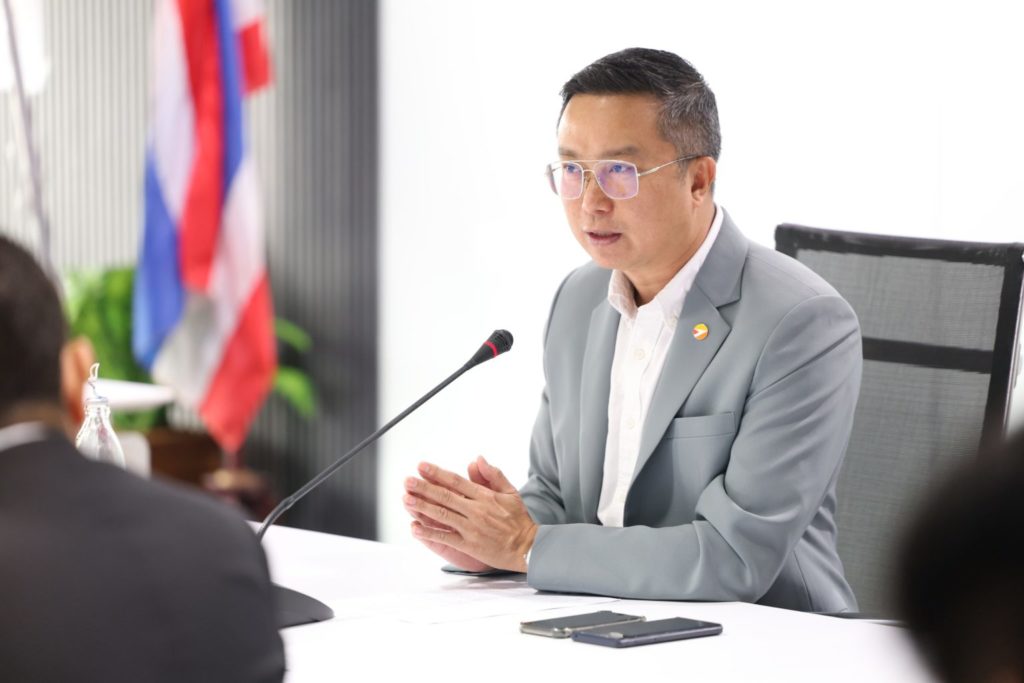
“The Draft Climate Change Act has already been approved by the National Committee on Climate Change Policy (NCCC) and is currently under Cabinet review. Once enacted, it will serve as a key mechanism for establishing comprehensive national policies and measures to address climate change. MHESI must therefore prepare to respond proactively and define strategies to provide support in higher education as well as science, research, and innovation,” Dr. Surachai stated.
The draft Act includes provisions directly relevant to MHESI’s role, such as 1) Supporting national climate change policies and master plans, 2) Integrating scientific knowledge, research, and innovation for mitigation and adaptation, 3) Developing greenhouse gas database systems, 4) Promoting clean technologies, renewable energy, and carbon credit mechanisms, and 5) Building human capacity, curricula, and public awareness on climate change.
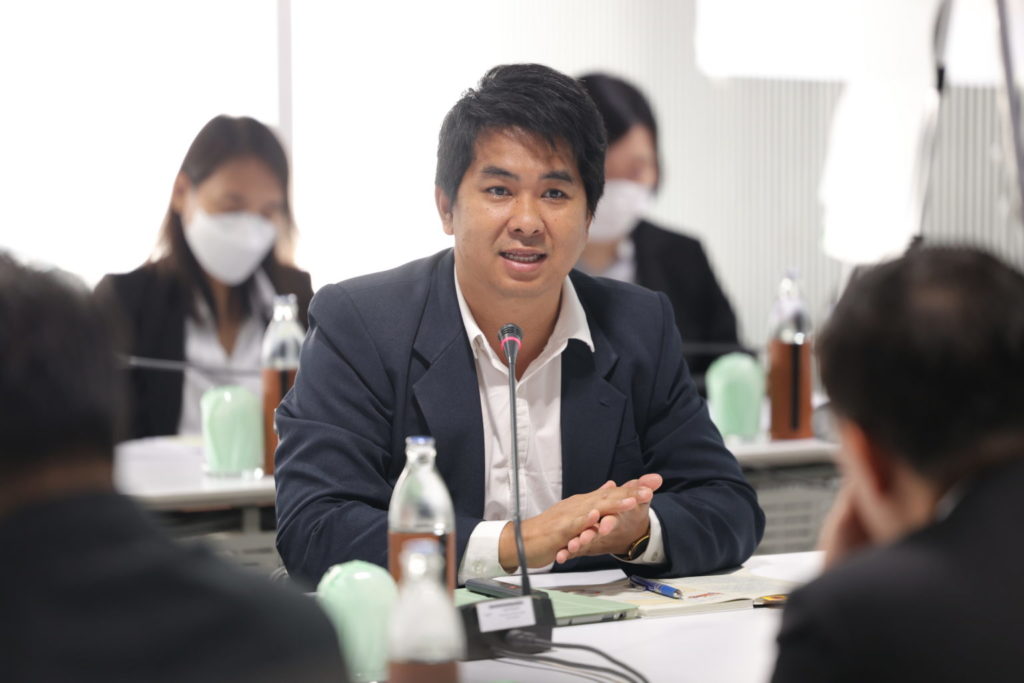
Mr. Wissarut Muangpluem, representing DCCE, highlighted the draft Act’s coverage of national policies and plans, greenhouse gas reduction, adaptation measures, financial mechanisms, and enforcement provisions.
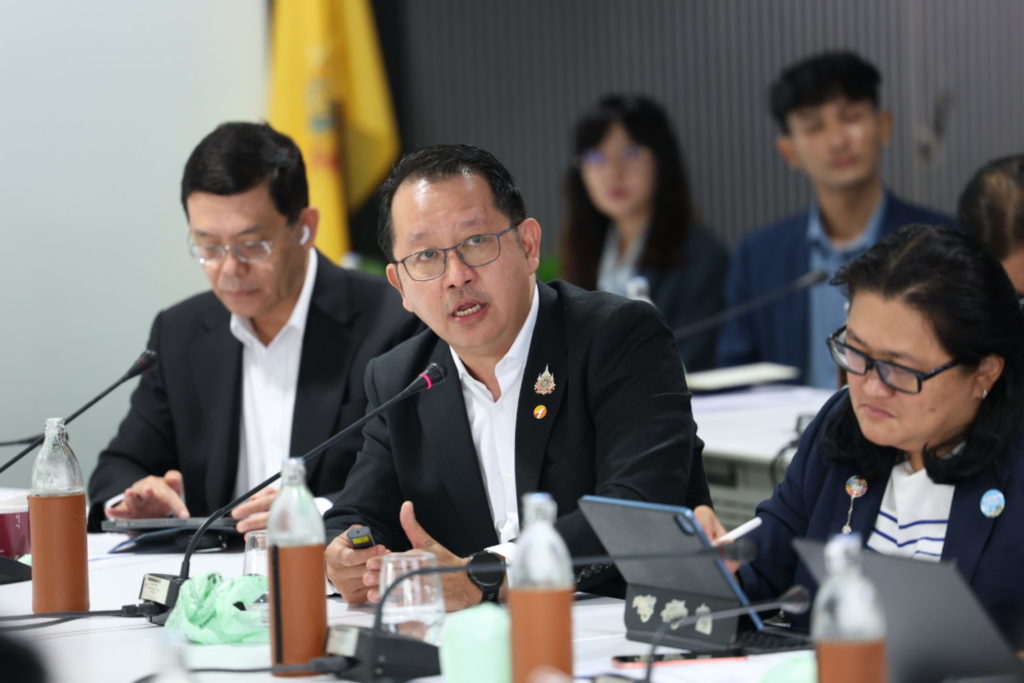
Assoc. Prof. Wongkot Wongsapai, Vice President of NXPO, elaborated on MHESI’s mission and operational mechanisms, including climate technology development. He emphasized the importance of a green technology ecosystem involving government, scientists, entrepreneurs, investors, industries, startup programs, and workforce development. Green jobs, he noted, are expanding rapidly—both through new opportunities and the integration of green skills into existing roles. NXPO’s Thailand Talent Landscape 2025–2029 study underscores that green skills are becoming essential across occupations.
In support of this transition, NXPO and MHESI are mapping skills for emerging roles such as sustainability development specialists and carbon footprint specialists. Based on this framework, skill-based curricula, assessments, and Skill Transcripts are being developed to help students demonstrate qualifications when applying for green jobs.
On the science, research, and innovation front, Assoc. Prof. Wongkot outlined MHESI’s policies targeting environmental and disaster challenges such as PM 2.5 pollution, flooding, and drought. Examples include the Thai Water application developed by the Hydro-Informatics Institute (HII) to monitor water situations, the use of satellite imagery for flood surveillance and decision-making, and satellite data to track and assess PM 2.5 levels.
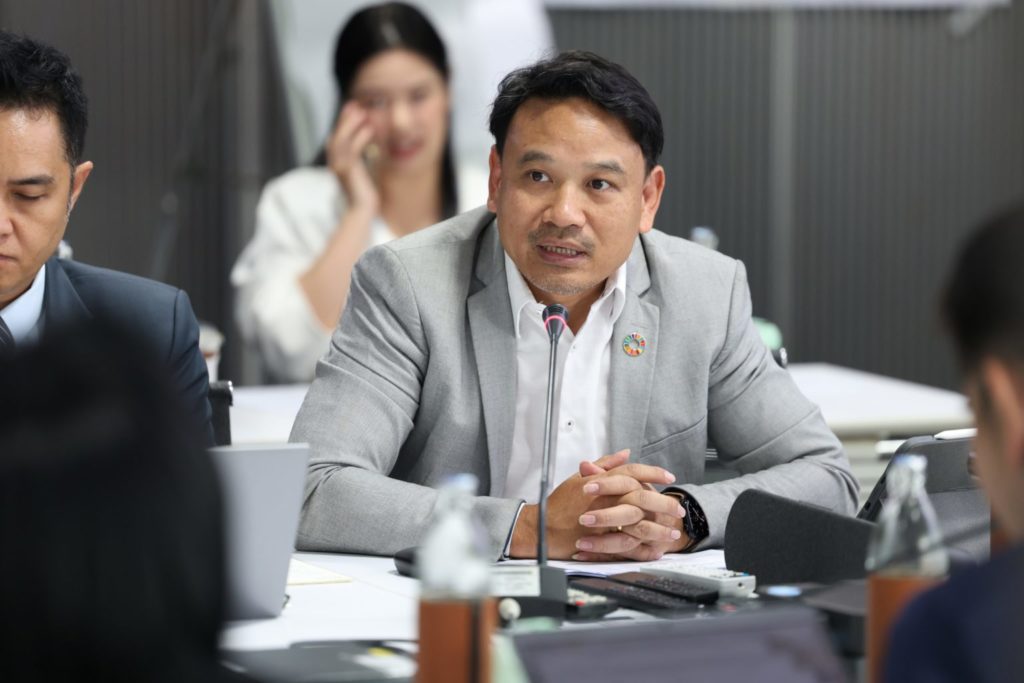
Dr. Jakapong Pongthanaisawan from the Energy Research Institute, Chulalongkorn University, presented an analysis of MHESI’s potential role under the draft Act, identifying five key areas: 1) Strategic and policy planning in higher education, science, research, and innovation, 2) Support for research and development, 3) Workforce and skills development in STI, 4) Innovation infrastructure and technology deployment, and 5) Promotion of national and international engagement.
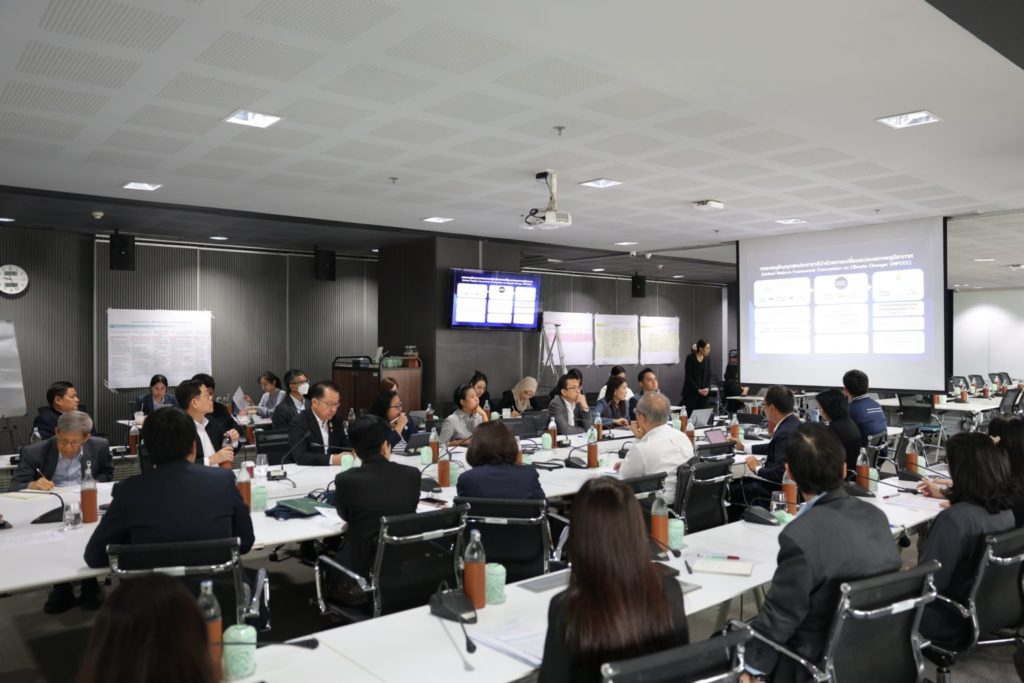
A brainstorming session was also held, focusing on feedback to the analysis and prioritization of MHESI’s roles using the Importance–Readiness Matrix, with the aim of establishing operational guidelines for the Climate Change Act.
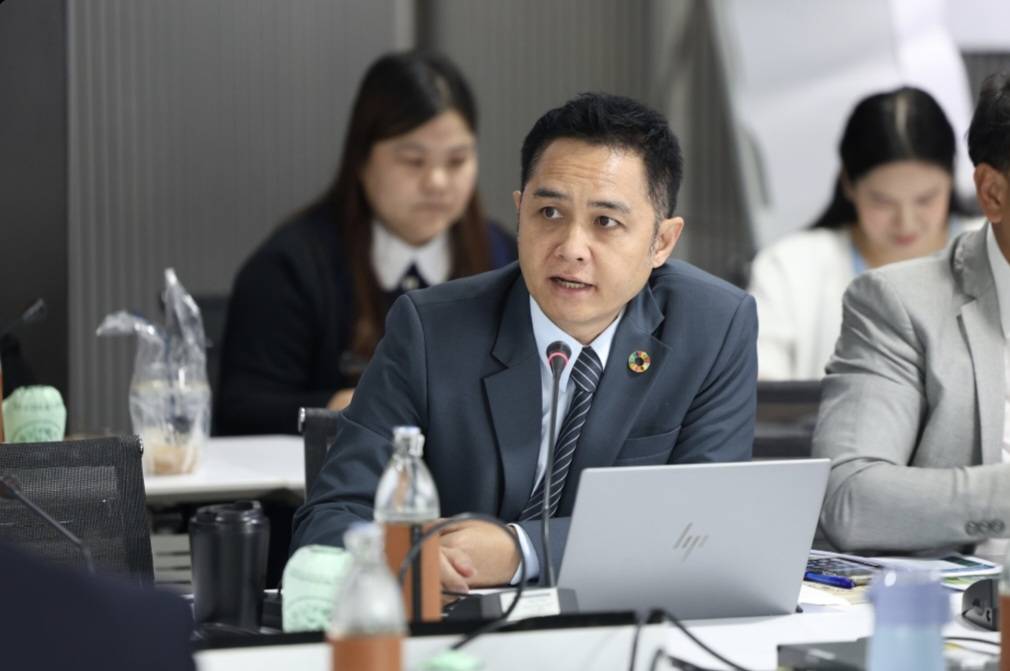
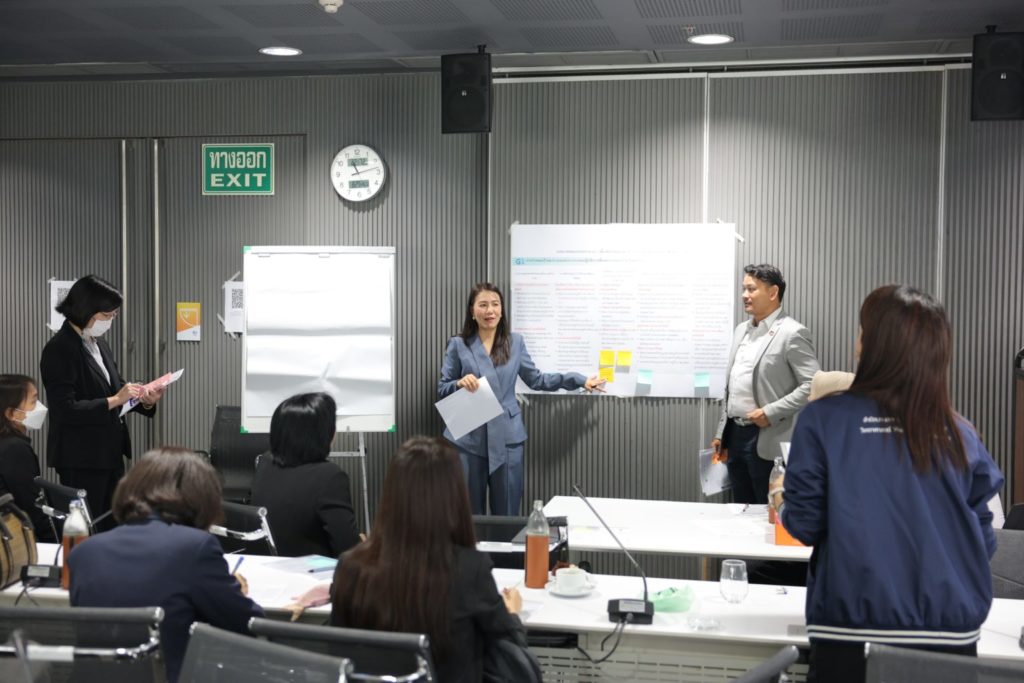
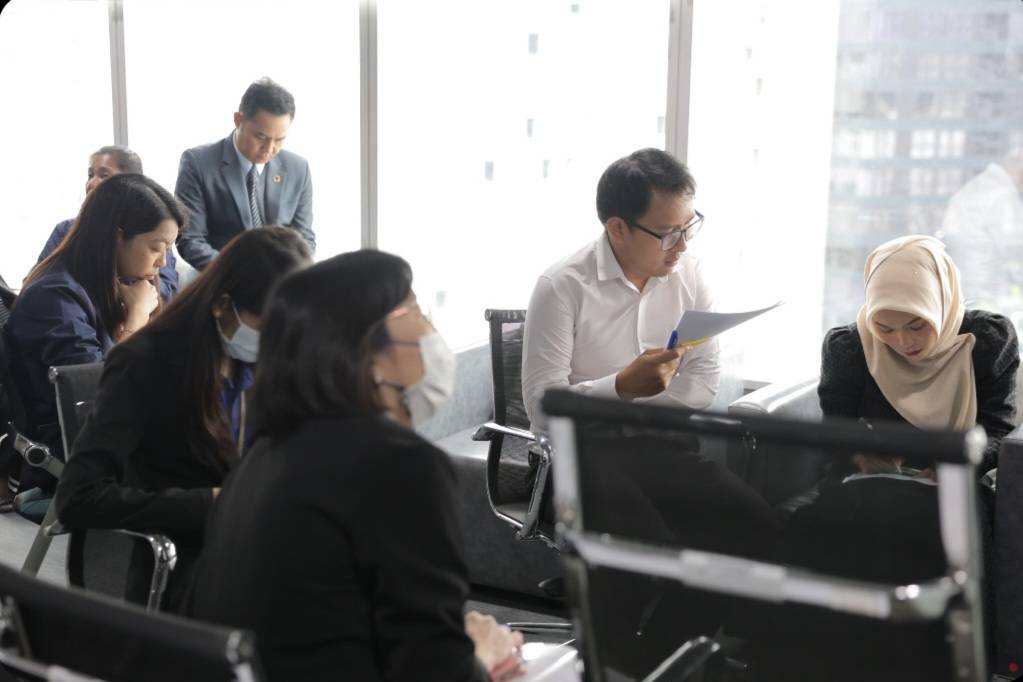
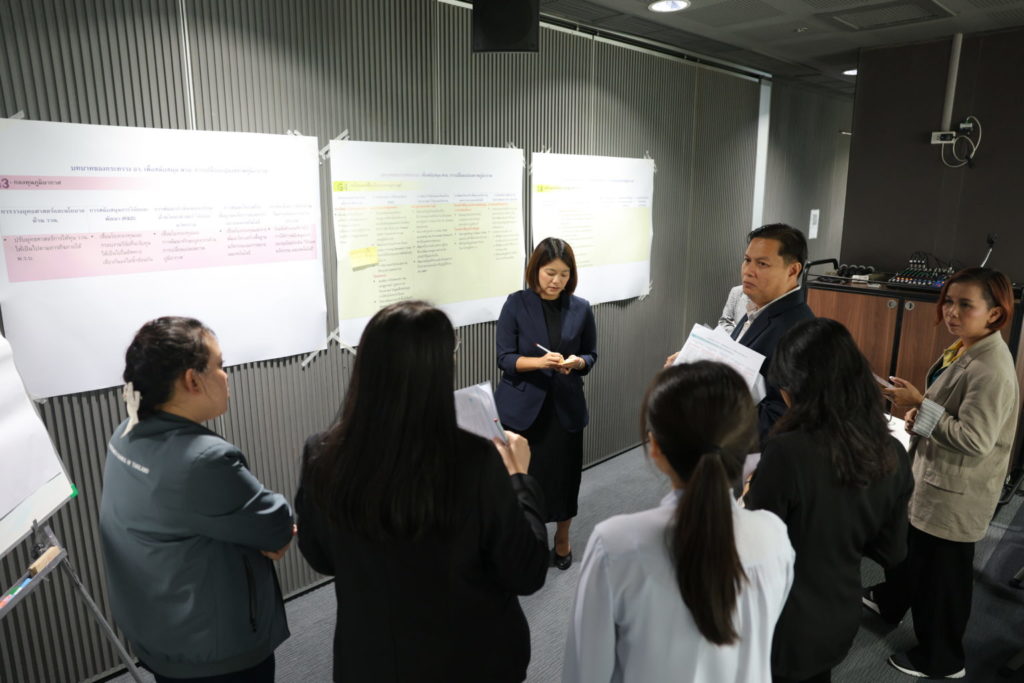
Next steps in the project include an expert group meeting on stakeholder analysis in September 2025, followed by a public hearing on MHESI’s Policy Roadmap on Climate Change in November 2025.







